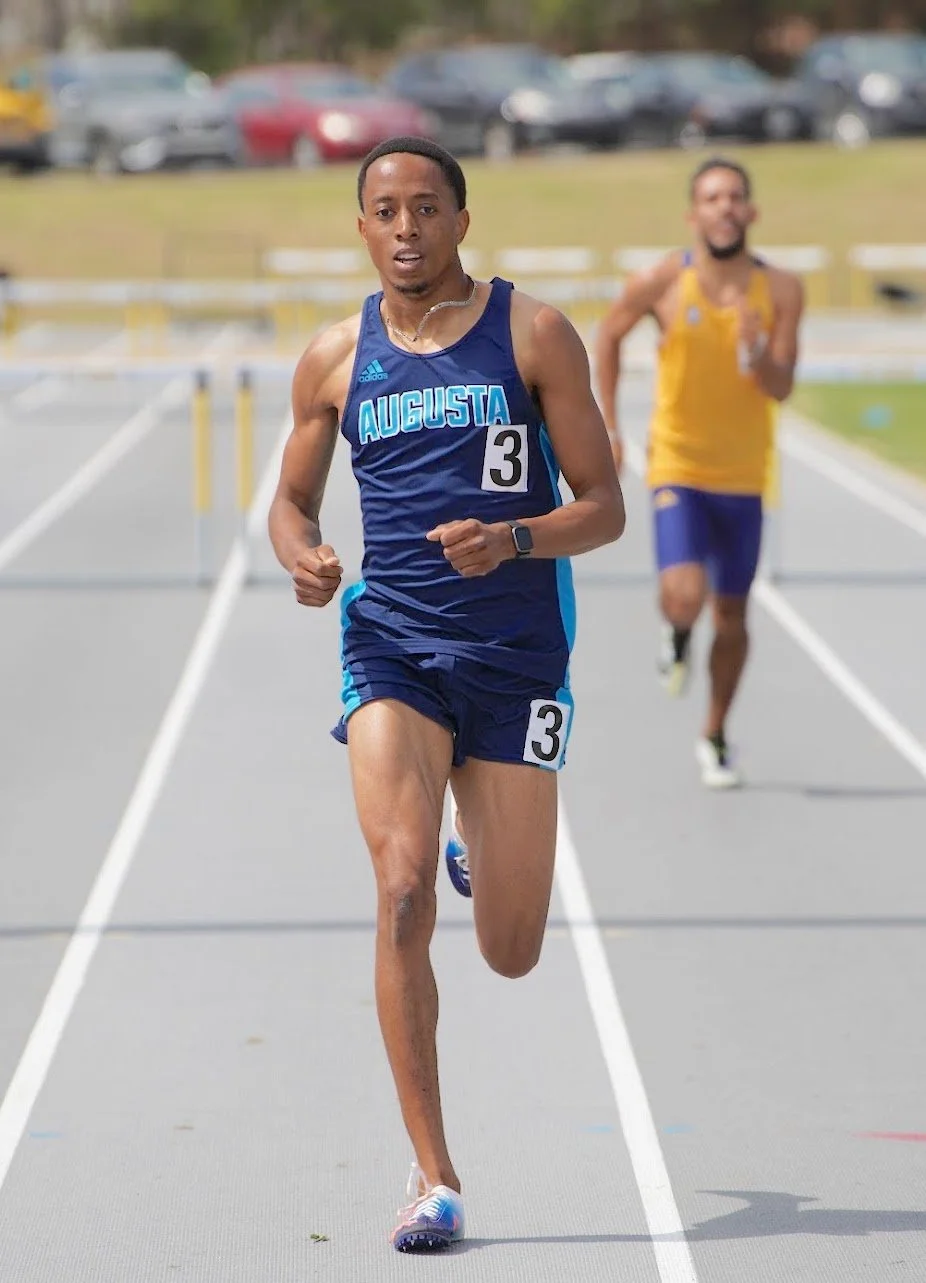AU softball players discuss overcoming mental setbacks and the importance of talking about mental health in college athletes
By Shelbie Summerlin | Sports writer
Avery Kalbas and Lauren Slade are softball players at Augusta University who both grew up loving the sport. Each faces their own personal challenges during the season and have found that balance is key to being a student-athlete.
“When you have the time, you get things done,” said Kalbas, a sophomore from Harlem, Georgia. “For me, my school is very important. I get as much done as possible before practice.”
Slade, a sophomore from Grovetown, Georgia, agrees that getting everything done before practice is important to her because afterwards it’s hard to focus on her homework.
“I have study hall hours, so that kinda helps me,” said Slade.
Kalbas and Slade agree that their social life is more apparent in the fall than in the spring when season starts, though Slade commented, “I do feel like softball is my social life. I get to see my friends; it’s my time to socialize.”
For Kalbas, spending time with teammates is like spending time with friends.
“I love all my teammates,” said Kalbas. “Most of my friends are my teammates.”
Teammates create a close family, but mental health issues can arise from within a team.
“The drama in a team should be kept minimal,” said Kalbas. “You know you’re gonna be with these people for a whole season so keeping comments [to yourself] instead of being negative all the time makes a whirlwind of a difference.”
Slade says that being around negative energy can influence an athlete’s mental health.
“[Complaining] does affect your mental health. This is your job but put your own feelings aside; you should wanna play for your teammates,” said Slade.
Focusing on so many different things in life can make student-athletes feel a lot of pressure.
“I had never really struggled with thinking about softball that much before I came here,” said Slade. “You play for your teammates. You’re out there for yourself because you love softball, and you know that you’re capable. You can’t put so much pressure on [yourself] because it’ll tear you down.”
Kalbas says her worth as an athlete doesn’t rely on how her day goes.
“I’m gonna have bad days, I’m gonna have good days,” said Kalbas.
She also says it’s important to learn players mentally and how they need to be coached as individuals instead of just as a team.
“In order for your player to have good mental health, you need to know your athlete.”
Head AU Athletic Trainer, Lisa Cummins, agrees with Kalbas.
“The athletic trainers have to know their athlete,” said Cummins. “So, I think it’s much easier if you have good relationships with your athletes, that way you can notice a change in them, even if it’s a subtle change.”
Mental health in student-athletes is a conversation that used to be shut down before it even started. While the perception of the topic has improved in recent years, Kalbas and Slade agree that it could be better.
Student-athletes are the pride of their universities, but Kalbas says they can sometimes be treated differently than other students.
“As college athletes, sometimes we’re just treated as athletes, we’re not treated as humans,” she said.
Slade says mental health in student-athletes should be brought to light more because student-athletes are left to pick themselves up on their own.
“There’s not that much weight on mental-health,” said Slade. “We’re used to just handling it and coping; it’s up to the athlete almost to protect your mental health.”
For Slade, being an AU softball player is important, but not her identity.
“You have to thrive in the day-to-day. I am an Augusta softball player, but I am also so much more than that,” Slade said.
Cummins gave advice on how to battle mental health and ways to overcome mental adversities.
“I think if a student-athlete has good time management skills, that lessens the anxiety,” said Cummins. “There’s so much demand on the athlete’s time. Find that person that you feel comfortable enough with that you can tell them what’s going on. People just need somebody to [talk] to. Finding a counselor that they can talk to that might be able to provide them more guidance on how to deal with what they’re going through.”
Contact Shelbie Summerlin at ssummerlin@augusta.edu
Avery Kalbas fields a ground ball in practice. At the top of the page, Lauren Slade takes a swing at the plate in a game against Emmanuel. (photos by Chris Rickerson)




